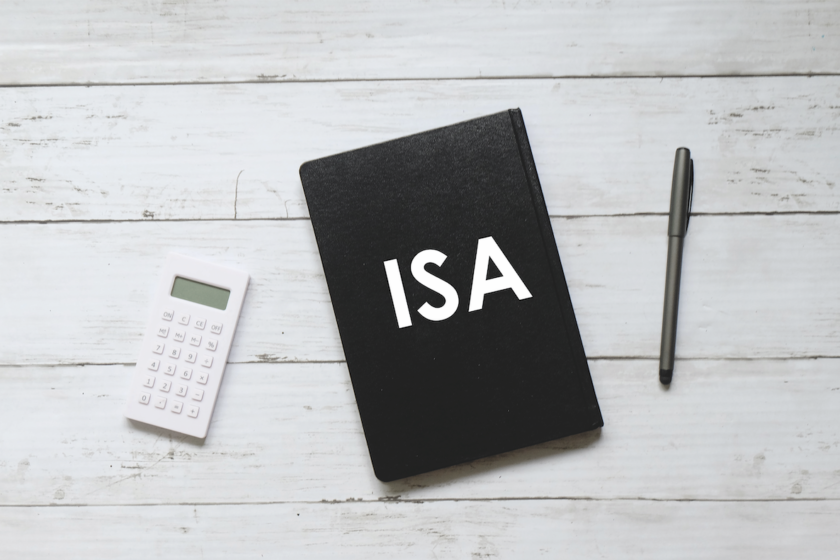The Chancellor is being urged to announce a “radical” overhaul of the ISA regime in his Spring Budget.
AJ Bell is calling on the government to consider increasing the overall ISA allowance from £20,000 and creating a mechanism to peg the allowance to inflation, as well as remove ISA funds from inheritance tax.
It is also suggested that Jeremy Hunt consider supercharging the Lifetime ISA by reducing the government-imposed early withdrawal charge from 25% to 20% and increasing the maximum property price from £450,000 to account for rising house prices, particularly in London.
Tom Selby, director of public policy at AJ Bell, said: “Jeremy Hunt set out very modest reforms to ISAs in his Autumn Statement, none of which amount to the radical simplification savers and investors are crying out for.
“The Budget could be this chancellor’s final opportunity to strip unnecessary complexity out of the ISA rules and demonstrate he is on the side of Brits who do the right thing and save for their financial future. As the Treasury and FCA pursue reforms to improve engagement and tackle the ‘advice gap’ through the Advice Guidance Boundary Review, it is more important than ever the financial products they engage with, including ISAs, are as straightforward as possible.”
There was speculation ahead of the Autumn Statement that the Treasury was considering creating a ‘GB ISA’ to encourage more people to invest either directly in UK-based companies or funds that invest in UK companies. While it is not clear exactly what this would entail, AJ Bell has warned that it could increase complexity and significantly reduce the ability for investors to diversify globally.
Selby said: “There is also no guarantee shepherding more ISA investments into UK-based companies will necessarily result in a substantial boost to UK plc. Companies in the FTSE 100, for example, are generally international businesses, meaning any extra investment resulting from a GB ISA would not automatically lead to higher growth within the UK.”
According to Selby, if the government is intent on using ISAs to drive more investment into UK-based companies and funds, there are other methods they can use, for example scrapping stamp duty on UK investments or exempting investments in UK companies and funds from IHT.
“Given most investors have a natural bias towards UK companies and funds anyway, the most straightforward answer would be to simply to increase the ISA allowance” Selby added.
Hargreaves Lansdown expressed a similar sentiment, believing a British ISA could add “unnecessary complexity” and have a negative impact on UK investors.
Susannah Streeter, head of money and markets at Hargreaves Lansdown, said: “It’s not surprising there appears to be scepticism about the plan right at the heart of government. A separate British ISA might end up providing no additional boost to UK investment. Those who already max out their £20,000 ISA allowance could simply hive off all their existing UK holdings to the British ISA, and use the extra wiggle room to invest more overseas in their usual ISA.
“If it does persuade people to invest more in the UK, it could end up increasing risk for investors. It could unnecessarily concentrate portfolios, which could be a detriment, especially if there was more volatility in the London markets compared to others.”
According to Streeter, boosting the overall ISA investment allowance would help deploy more capital for listed firms without limiting the potential for diversification.
Streeter added: “Simply lifting the ISA allowance, without creating a new product, would result in a boost to investment in UK equities anyway. It would also still offer the potential for diversification, helping bolster retail investors’ resilience. Not putting all your eggs in one basket is one of the golden rules of investing, and it’s crucial that government policy continues to support that.’’





























